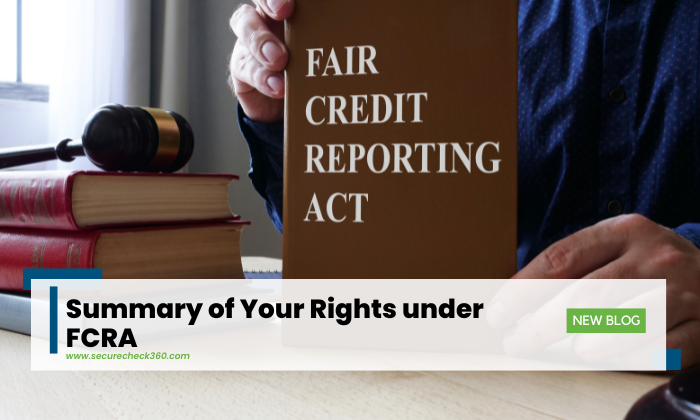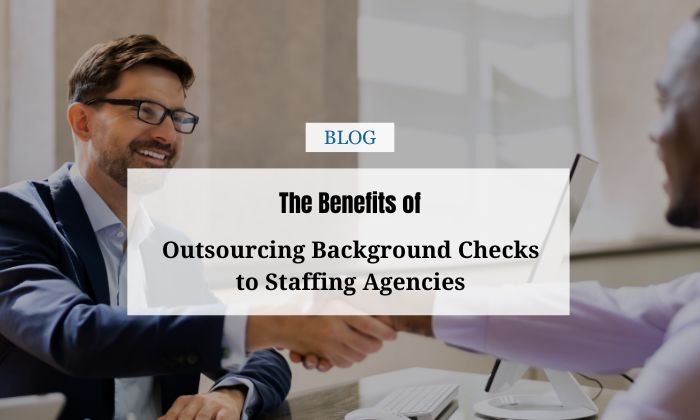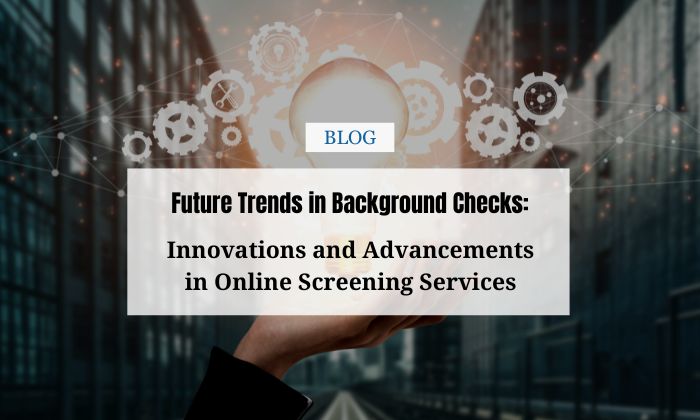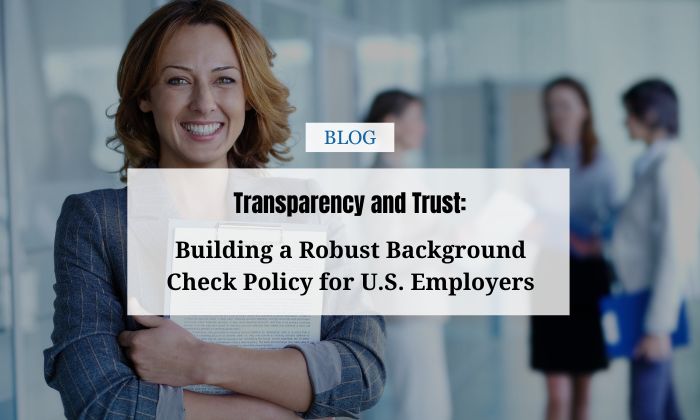Know Your Rights
In this article, we will provide a summary of your rights under FCRA, including the right to a free credit report, the right to dispute inaccurate information, the right to know who has accessed your credit report, the right to opt-out of pre-screened offers, and the right to sue for violations.
By understanding and exercising these rights, you can take control of your credit information and protect yourself from potential harm caused by inaccurate or incomplete credit reporting.
What is the FCRA?
The Fair Credit Reporting Act (FCRA) is a federal law that regulates the collection, dissemination, and use of consumer information by credit reporting agencies (CRAs).CRAs are companies that collect, maintain, and sell information about consumers, which is used to help businesses decide whether to offer credit, insurance, or employment to an individual. The FCRA promotes the accuracy and fairness of information in credit reports.
Under the FCRA, consumers have certain rights related to their credit reports, including:
- The Right to a Free Credit Report: One of the most important rights under the FCRA is the right to a free credit report. You can request a free copy of your credit report from each of the three major credit reporting agencies (Equifax, Experian, and TransUnion) once every 12 months. This can help you keep track of your credit history and ensure that there are no errors or inaccuracies on your report.
- The Right to Dispute Inaccurate Information: If you find errors or inaccuracies on your credit report, you have the right to dispute them with both the credit reporting agency and the company that provided the information. This can help you correct any mistakes and improve your credit score.
- The Right to Know Who Has Accessed Your Credit Report: You have the right to know who has accessed your credit report in the past year for most purposes, and in some cases, up to two years. This can help you monitor who is viewing your credit information and prevent unauthorized access.
- The Right to Opt-Out of Pre-Screened Offers: You have the right to opt-out of receiving prescreened offers of credit and insurance. This can help you reduce the amount of unsolicited offers you receive and protect your personal information.
- The Right to Sue for Violations: If a credit reporting agency or furnisher of information violates the FCRA, you have the right to sue for damages, including actual damages, statutory damages, and attorney’s fees. This can help you hold companies accountable for any harm caused by inaccurate or incomplete credit reporting.
- The right to limit access to their credit report: Consumers have the right to limit access to their credit report by placing a security freeze or fraud alert on their credit file.
Overall, the FCRA provides consumers with important protections and rights when it comes to their credit information. By understanding these rights and taking action to protect their credit information, consumers can help to ensure that their credit reports are accurate and free from errors or fraudulent activity.
You may also like to read “Is a background check without a social security number possible?”
Non-compliance with the FCRA carries what penalties?
Companies that fail to comply with the FCRA can face serious penalties, including:
- Civil Penalties: Companies that violate the FCRA can be sued by individuals and can face civil penalties of up to $1,000 per violation. If the violation is found to be willful, the penalty can increase to $10,000 per violation.
- Punitive Damages: Companies that violate the FCRA can also be required to pay punitive damages to the affected individual. Punitive damages are intended to punish the company for willful or malicious violations of the law.
- Injunctive Relief: Individuals can seek injunctive relief to stop a company from continuing to violate the FCRA. Injunctive relief is a court order that requires the company to stop engaging in the illegal behavior.
- Attorney’s Fees: Individuals who successfully sue a company for violating the FCRA can recover their attorney’s fees and court costs.
- Criminal Penalties: In some cases, companies that willfully violate the FCRA can face criminal penalties, including fines and imprisonment.
It’s important for companies to take the FCRA seriously and to ensure that they are in compliance with all aspects of the law. By doing so, they can avoid costly penalties and litigation, and can protect the privacy and rights of consumers.
Bottomline
In conclusion, understanding your rights under the FCRA can help you protect your credit history and financial well being. By exercising these rights, you can take control of your credit information and ensure that it is accurate and up-to-date. Remember to review your credit report regularly, dispute any errors or inaccuracies, and opt-out of pre-screened offers if you choose to do so. If you believe your FCRA rights have been violated, don’t hesitate to seek legal help and hold companies accountable for their actions.
I sincerely hope that this post has given you a basic understanding of your rights under FCRA. I’ll see you guys in the next post.
Stay safe & sound.
Frequently Asked Questions
-
How often can I request a free copy of my credit report under the FCRA?
You can request a free copy of your credit report from each of the three major credit reporting agencies (Equifax, Experian, and TransUnion) once every 12 months.
-
Can I dispute inaccurate information on my credit report?
Yes, you have the right to dispute inaccurate or incomplete information on your credit report with both the credit reporting agency and the company that provided the information.
-
How long can negative information stay on my credit report?
Most negative information, such as missed payments or accounts in collections, can stay on your credit report for up to seven years. Bankruptcies can stay on your credit report for up to ten years.
-
Can I opt-out of pre-screened offers of credit and insurance?
Yes, you have the right to opt-out of receiving prescreened offers of credit and insurance.
-
What can I do if I believe my FCRA rights have been violated?
If you believe your FCRA rights have been violated, you can sue for damages, including actual damages, statutory damages, and attorney’s fees.
-
How can I check who has accessed my credit report?
You can request a list of entities that have accessed your credit report within the past year, and in some cases, up to two years, from the credit reporting agencies. This can help you monitor who is viewing your credit information and prevent unauthorized access.







